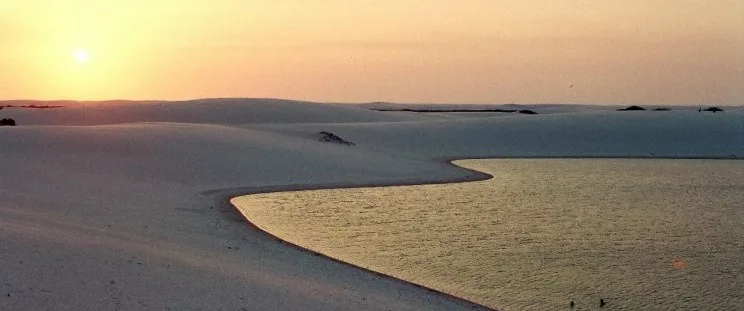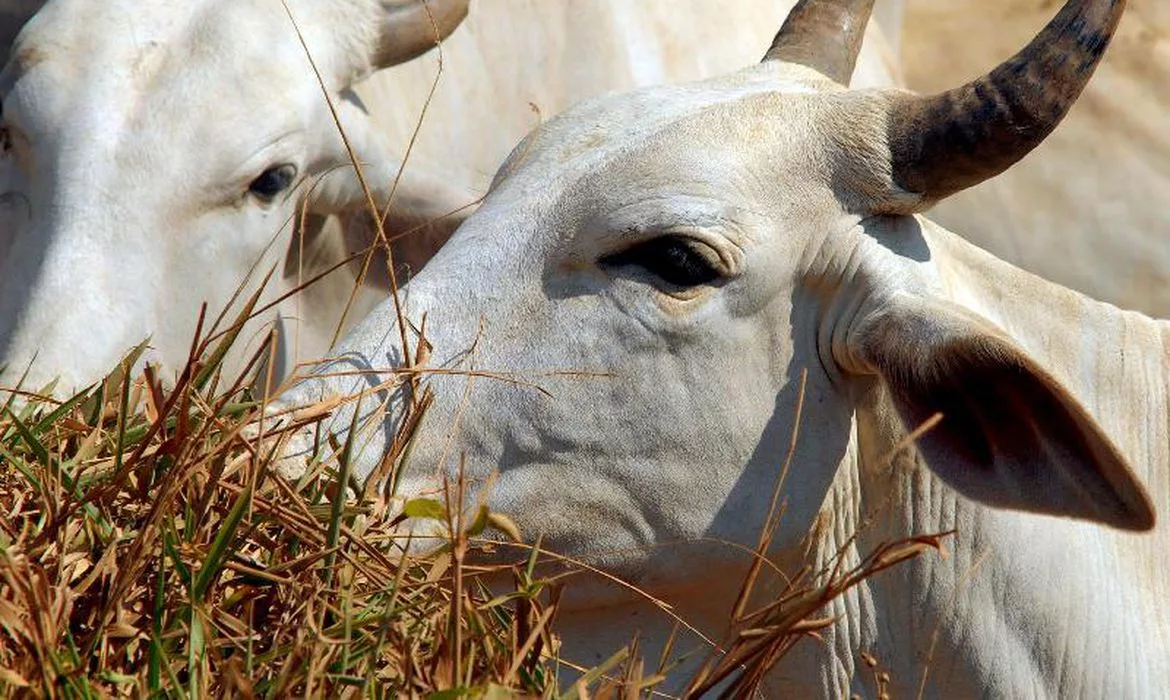
“I have no doubt that they will leave here delighted with this natural paradise, pride of all people from Maranhão”.
The phrase is from Governor Carlos Brandão, who celebrated when he informed last Saturday (4th) that the United Nations Educational, Scientific and Cultural Organization (Unesco) will carry out a face-to-face assessment in Maranhão, to determine whether the Lençóis Maranhenses is fully eligible to receive the title of Natural Heritage of Humanity.
Carlos Brandão and the Secretary of State for Tourism (Setur), Paulo Matos, were in Paris, France, to present the official candidacy of Lençóis Maranhenses National Park for the title of Natural Heritage of Humanity.
Last weekend, important news was released about the status of the candidacy. Unesco confirmed in a letter addressed to the Government of Maranhão, that the appointment of the Lençóis Maranhenses National Park meets all the technical requirements.
“The nomination of the Lençóis Maranhenses National Park met all technical requirements established in the Operational Guidelines regarding the full verification of nominations for the World Heritage List”, says the document.
The next step now will be an on-site inspection by a UNESCO commission, for a face-to-face analysis of the Park. “A commission from the entity will come to Maranhão to carry out a face-to-face assessment of the Park. This is an important step towards winning the title”, celebrated the governor, in a post on social networks.
Criteria
According to the National Historical and Artistic Heritage Institute (Iphan), natural heritage is made up of natural monuments made up of physical and biological formations, geological and physiographic formations, in addition to natural sites.
Protection of the environment, archaeological heritage, respect for cultural diversity and traditional populations are objects of special attention in UNESCO’s evaluation.
The World Heritage List presents the conformation of a common heritage, shared by all countries. Its constitution is the result of a process in which the signatory countries of the Convention for the Protection of the World Cultural and Natural Heritage – elaborated at the Unesco General Conference in 1972 – indicate cultural and natural assets to be evaluated.





